


71 Posts
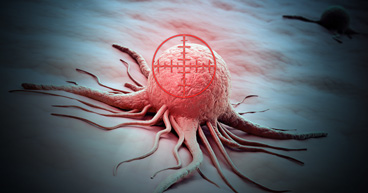
January 23, 2019
Emerging drugs offer promise for advanced melanoma patients“If you had stage IV melanoma before 2011, the median survival was about a year or less. Modern-day immunotherapy using checkpoint inhibitors is offering positive responses for many patients.” – Alan Tan, MD, Clinical Research Medical Director at our hospital near Phoenix. Read more.
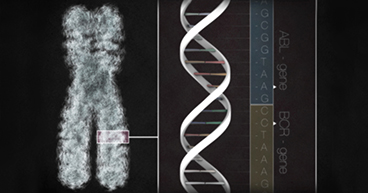
January 9, 2019
What is CRISPR? Gene editing tool holds promise for cancer treatment, but may be years offWhat if doctors could not only find cancer-related DNA mutations, but repair them at a genetic level? That’s the theory behind CRISPR, a breakthrough technology in genetics that has generated scores of news headlines and sparked a buzz among scientists and doctors.

December 26, 2018
What's the difference? Biosimilar and generic drugsBiosimilar drugs are often confused with generic drugs. Both are marketed as cheaper versions of costly name-brand drugs and are designed to have the same clinical effect as their pricier counterparts. But biosimilar drugs and generic drugs are very different.
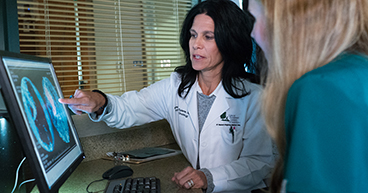
November 21, 2018
Far less aggressive approaches are gaining ground for some cancersToday, the one-size-fits-all cancer treatment approach has largely fallen out of favor. Instead, cancer treatment is often a matter of weighing options and determining what makes sense for each patient. In many cases, in fact, less is now more when it comes to cancer treatment.

September 12, 2018
Tumor mutation measurement may help predict treatment successMotivated by the potential of immunotherapy, doctors and researchers are exploring new ways to better forecast when they may be a viable treatment for more cancers and show better outcomes in a larger percentage of patients.
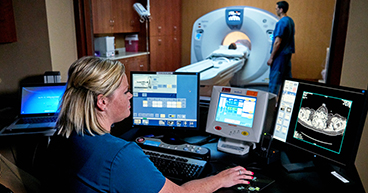
August 29, 2018
Whats the difference? Radiology and radiation therapyRadiology and radiation therapy are critical components to many cancer diagnoses and treatments, but because of their similar names, patients often get confused by what exactly each does for them.

August 22, 2018
Immunotherapy may help elderly cancer patients, but more data is neededElderly patients, 65 and older, with weakened immune systems may not have the robust response to immunotherapy some younger patients experience.
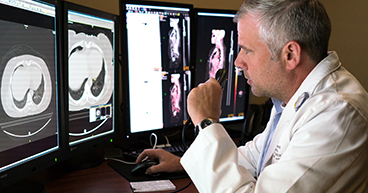
July 19, 2018
Precision medicine is redefining what makes a cancer rare or commonIn a growing number of cases, the era of precision medicine has flipped the perceptions about rare and common cancers upside down.
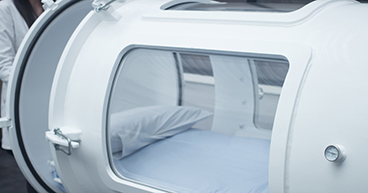
June 26, 2018
Busting myths: Can hyperbaric oxygen treat cancer?There have been decades of research into whether oxygen is good for cancer or bad for it. Some have used the unknowns to fuel claims that hyperbaric oxygen therapy can cure cancer.
Guidelines
The information contained in this blog is not intended nor implied to be a substitute for professional medical advice. Always seek the advice of your physician or other qualified health provider prior to starting any new treatment or with any questions you may have regarding a medical condition. Nothing contained in the blog is intended to be used for medical diagnosis or treatment of any illness, condition or disease.